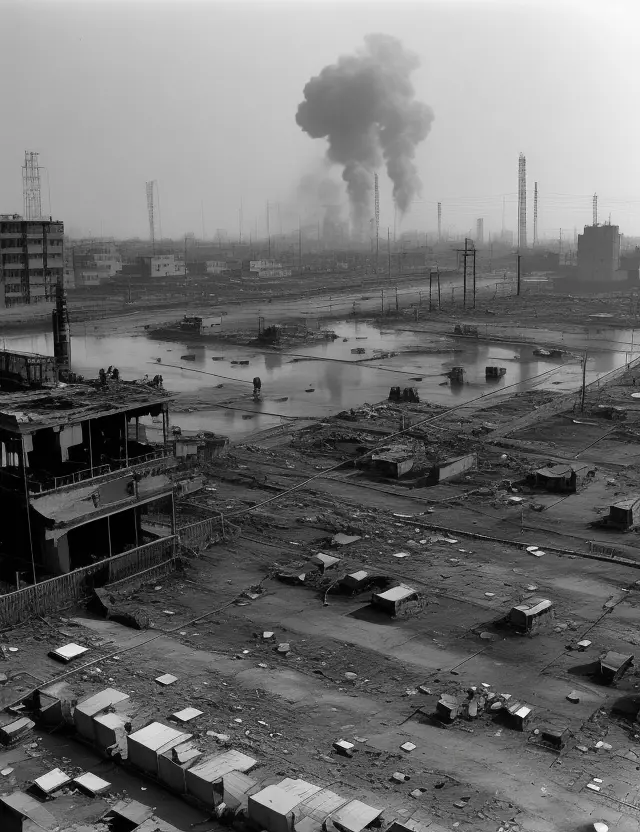Bhopal Gas Tragedy: Industrial Disaster in India (1984)
Methyl Isocyanate Gas Leak from Union Carbide Plant

Introduction
The Bhopal Gas Tragedy, occurring in 1984, remains one of the most haunting industrial disasters in history. The catastrophic event unfolded in Bhopal, India, when a methyl isocyanate gas leak from a Union Carbide pesticide plant resulted in significant loss of life and long-term health consequences. Explore the events leading to the tragedy, its immediate aftermath, and the lasting impact on the affected community.
Events Leading to the Tragedy
The Bhopal Gas Tragedy had its roots in the industrial operations of the Union Carbide pesticide plant in Bhopal. On the night of December 2-3, 1984, a catastrophic leak of methyl isocyanate (MIC) gas occurred, releasing toxic fumes into the surrounding areas. The exact causes of the leak were attributed to a combination of operational failures, inadequate safety measures, and insufficient emergency preparedness.
Immediate Aftermath
The immediate aftermath of the Bhopal Gas Tragedy was marked by chaos, panic, and a desperate scramble for medical assistance. The toxic gas exposure led to the rapid onset of respiratory distress, eye irritation, and other severe health effects. The lack of preparedness for such a disaster exacerbated the challenges in providing timely medical care to the affected population. The death toll rose rapidly, and the community was thrust into a state of mourning and shock.
Long-Term Consequences
The Bhopal Gas Tragedy left a lasting impact on the health and well-being of the affected population. Many survivors suffered from chronic respiratory issues, neurological disorders, and other health complications. The long-term consequences extended beyond the physical health effects, encompassing social, economic, and environmental dimensions. The tragedy sparked legal battles, demands for justice, and ongoing struggles for compensation and rehabilitation.
Legacy and Lessons Learned
The legacy of the Bhopal Gas Tragedy underscores the importance of industrial safety, corporate responsibility, and emergency preparedness. The incident prompted increased scrutiny of industrial practices, regulations, and corporate accountability. Lessons learned from the tragedy influenced global discussions on chemical safety, emphasizing the need for robust safety measures, community preparedness, and ethical corporate conduct.
As we reflect on the Bhopal Gas Tragedy of 1984, we remember the profound impact it had on the lives of those directly affected and the broader implications for industrial safety worldwide. The tragedy serves as a somber reminder of the human and environmental costs associated with industrial negligence and underscores the ongoing need for vigilance, accountability, and preventive measures to prevent such disasters in the future.



